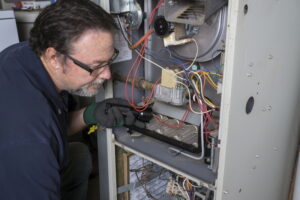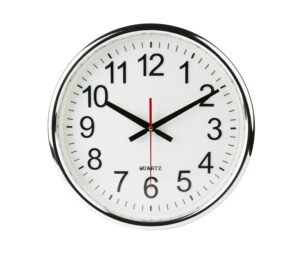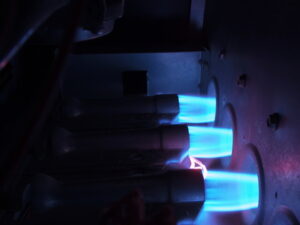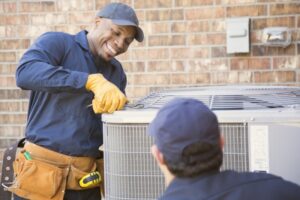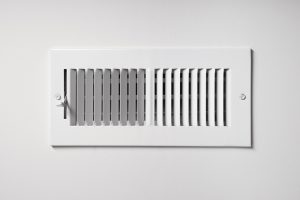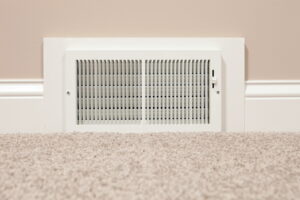
When you live in a climate like ours, there’s no denying that air conditioners are pretty important. In fact, you might not even think about your heater very much at all, until a chilly night when it breaks down.
Of course, a furnace breakdown is a lot less likely if you invest in routine furnace maintenance, and schedule repairs as soon as you know you need them. But how do you know you need them? True, we’ll tell you during your maintenance appointment. But also, there may be times between tune-ups that you need a small repair or two. Knowing the signs will help you avoid bigger, emergency repairs. For example, heating noises you shouldn’t ignore often indicate underlying issues that shouldn’t be ignored. Read on as we uncover what these signs are!
When should you consider a furnace replacement service?
- High energy bills: A sudden and sustained increase in heating costs compared to the previous year may signal that your furnace is running inefficiently and nearing the end of its lifespan.
- Short-cycling: If the furnace turns on and off frequently without fully heating your home, this can indicate serious internal issues that may require replacement.
- Insufficient heating: Rooms that stay cold despite the furnace running could point to ductwork problems or a cracked heat exchanger, both of which often warrant full replacement.



